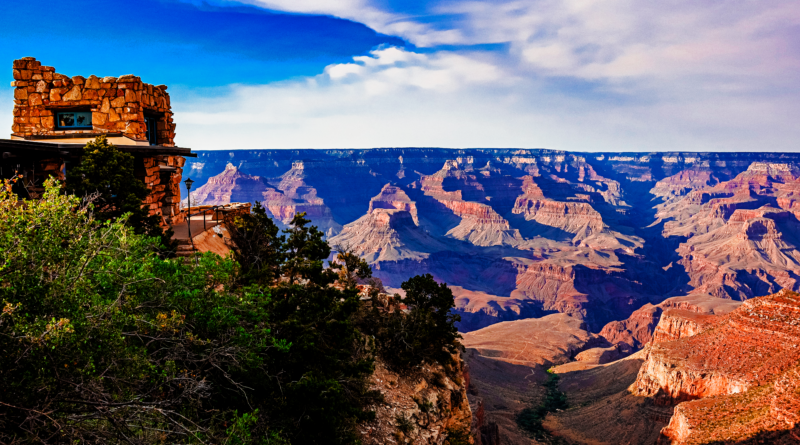“This region can be approached only from the south, and after entering it there is nothing to do but to leave. Ours has been the first, and will doubtless be the last party of whites to visit this profitless locality.” — Lt. Joseph C. Ives, referring to the Grand Canyon, 1858
The Changing Value of Public Lands in American Culture
Over time, the perception of land value in America has shifted significantly. In the mid-nineteenth century, survival was a constant concern, and resources were scarce. Lt. Joseph C. Ives, for example, viewed the Grand Canyon as a barren wasteland with no practical value for survival. However, as industrialization progressed, the intrinsic beauty and ecological significance of such landscapes became more apparent.

The conservation efforts of the late nineteenth and early twentieth centuries led to the protection of places like Yellowstone and the Grand Canyon, gradually expanding to include national parks, monuments, and historic sites. Despite opposition from those seeking to exploit natural resources, the conservation movement continued to grow.
The Great Basin Was Seen As Only Fit To Be Nuked
The Great Basin, once seen as devoid of aesthetic value, served as a testing ground for weapons, including nuclear tests. Today, parts of this region still remain under government control for various purposes, sparking curiosity and conspiracy theories.
However, there has been an increasing appreciation for the Great Basin’s unique features and landscapes in recent years, with initiatives like the establishment of national parks and festivals drawing attention to its natural beauty and cultural significance.
Increasing Appreciation For The Great Basin
Despite its arid climate, the Great Basin is attracting more visitors who seek its tranquility and dark skies for stargazing. Efforts to preserve and promote the region’s natural wonders are gradually gaining momentum, with opportunities for exploration and education.
Getting Out There Is Tough For EVs, But It’s Getting Better
Nevada’s expanding EV charging network in the Great Basin is making it more accessible for electric vehicle owners to explore remote areas. While there are challenges like inconsistent charging station quality, improvements in infrastructure, especially with Tesla’s supercharger network, are enhancing accessibility.

